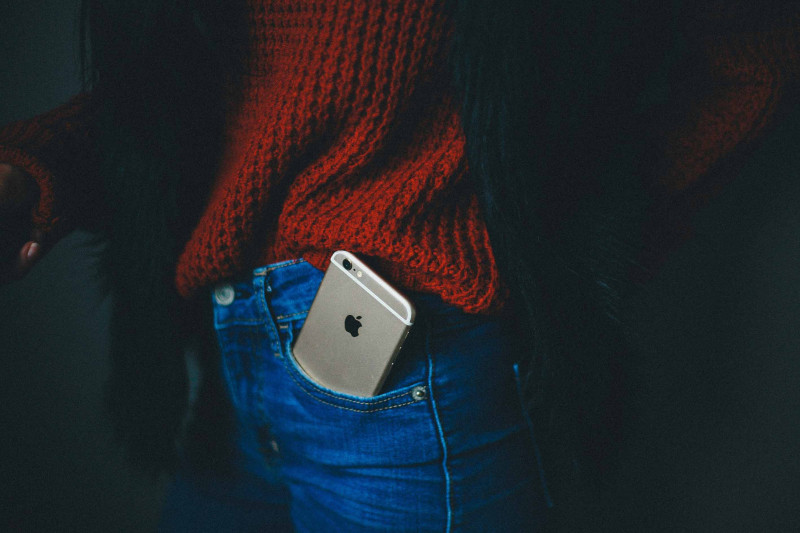Covert Recordings in Family Proceedings – Lawful or Awful?

The rise of technology has meant that the courts are increasingly being asked to consider covert (secret) recordings as evidence within family proceedings. However, whether they will be permitted as evidence is not guaranteed, and in some cases, they can be seen as an invasion of privacy, particularly where recordings of children are concerned.
Fortunately, the Family Justice Council (FJC) has recently published guidance on the use of such covert recordings in the family courts, and this article will explore that guidance.
What are covert recordings?
The FJC defines covert (secret) recordings as any recordings made without the express knowledge and permission of the people being recorded, whether by video or audio.
Why are parents making covert recordings?
The guidance identified the following reasons that parents may make recordings:
- Wanting to show the court evidence of their experience of the other party or professionals involved
- Wanting to take their own notes/ recording of matters discussed with professionals due to a lack of trust in these professionals
- Believing it provides evidence relating to an issue in their case
Can covert recordings be used as evidence?
Whether the Court will permit such a recording as evidence depends on considerations such as: the welfare of the child, the right to privacy, and rules of evidence.
Regardless of whether the recording is permitted as evidence, consideration may be given to why the recording was made and the impact it may have had on the person being recorded. The court may feel that it was an invasion of privacy.
How the court decides whether a covert recording can be used as evidence
The guidance set out the following factors:
- When deciding what evidence to allow, the courts consider what is proportionate and necessary for the case to be dealt with properly.
- What is the relevance of the recording to the issues needing to be decided in the case
- All parties and the judge may need to be given access to the recording
- The court will need to know that any recording is unedited and in full
- A transcript of the recording may be required
- If there are lots of recordings these may make proceedings longer and therefore more expensive, extra consideration will be given to whether the recordings are helpful enough to justify the extra time and costs incurred.
- There may need to be a hearing to decide whether it can be used as evidence.
What if you wish to use a covert recording as evidence?
The guidance explained that if you want to use a covert recording as evidence you will need to, as soon as possible, tell the court who and what the recording is of, and what its relevance is to the case. You may need to provide an unedited version of the recording to the court and other party.
The court may also ask you to make an application on Form C2 for permission to use the recording. This application should include:
- details as to the nature of the recording (context, whether it has been edited, and the date and time of the recording);
- the method of the recording and why it was obtained secretly; and
- the relevance of the recording to the issues in the proceedings.
Potential consequences of covert recordings
The guidance also highlighted that such recordings can result in further litigation and therefore increase costs. There is also the additional risk that these recordings may amount to harassment or result in further civil law issues relating to recordings obtained via unlawful activity. They may also risk compromising the ongoing case.
Particular types of recording
The guidance also focused on specific types of covert recording: covert recordings of parents by parents, covert recordings of children, and covert recordings of professionals.
- Covert recordings of parents by parents
In the absence of good reason, it is likely to be seen as an invasion of privacy, and they may be found to amount to harassment. The court would take this into consideration when deciding on the welfare of the child. - Covert recordings of children
Generally, courts do not approve of covert recordings of children.
The FCJ drew particular attention to the fact that young people have said that such recordings can result in feelings of betrayal and discomfort and see covert recordings as a breach of trust and a violation.
The court would therefore be inclined to consider the following: the impact of such a recording on the child, whether the child needs to be informed of the recording, and whether the child should give evidence about what was recorded. - Covert recordings of professionals
The guidance explained that it is best to ask permission of the professional and enquire as to any policy their organisation may have about recordings. Though this does not mean the court would be certain to accept the recording as evidence.
Covert recordings of court
The guidance also emphasised that you cannot make recordings of court proceedings (in person or remote). To do so is a contempt of court and/ or a criminal offence.
For more details, the complete guidance can be found at Covert recordings in Family Law proceedings concerning children - Courts and Tribunals Judiciary
For assistance in respect of family matters, the Family Team here at Leathes Prior would be happy to assist you.


